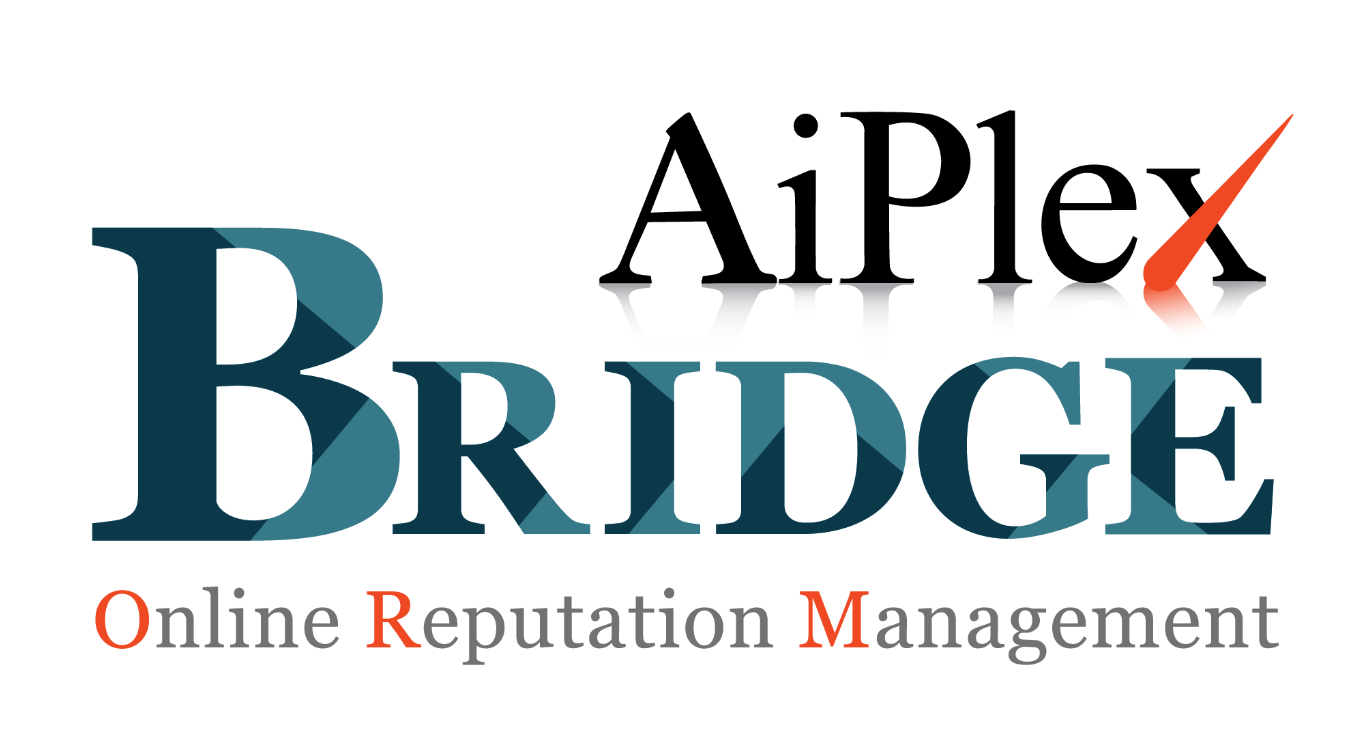In the fast-paced realm of marketing and communication, three vital components stand out: advertising, public relations (PR), and online reputation management (ORM). These components are essential for controlling how individuals and businesses appear online, building relationships, and shaping perceptions. Let’s examine how these elements connect and cooperate to create a potent communication strategy.
Understanding Public Relations: A Strategic Overview
Public relations, or PR, is a crucial and dynamic part of any organization’s strategic communication process. Organizations need strategic communication activities to build and maintain a positive image and reputation. PR experts manage connections with stakeholders across various platforms, prioritizing earned media to build reputation. This holds true for internet and social media platforms, as well as traditional media, in the digital age, as viewpoints can shift rapidly.
Objectives of Public Relations
PR objectives are intimately linked to the digital landscape nowadays. Developing a favorable brand image, increasing awareness, managing perception, and communicating with stakeholders are some of these objectives. Maintaining a strong online presence, engaging in social media conversations, and promptly addressing issues are increasingly essential components of an effective PR strategy.
Exploring Advertising: The Art of Capturing Attention
An essential part of communication and promotion, advertising aims to attract viewers and deliver key messages to target audiences. This applies not only to traditional channels but also to internet banners, social media ads, and other digital platforms in the modern era.
Objectives of Advertising

Digital advertising aims to increase brand familiarity while enhancing internet presence. Creating compelling content for digital consumers, producing visually striking content, and leveraging digital channels have become essential components of modern advertising strategies.
The Role of Online Reputation Management
Online reputation management, or ORM, becomes vital in the dynamic and increasingly interconnected worlds of advertising and public relations. The objective of ORM is to actively monitor, manage, and impact how individuals and companies are viewed on the internet. Particularly when applied in a digital context, it seamlessly aligns with PR and advertising objectives.
Benefits of ORM
Increasing trust, managing online reviews and comments, and reducing the impact of negative information are some advantages of ORM. Maintaining an excellent online reputation is crucial in the age of rapid information sharing on social media and online forums, which is why ORM is so important.
Integration with PR and Advertising
As a vital part of the overall communication strategy, ORM works in tandem with PR to build connections and advertising to attract viewers. Taking preemptive measures or reacting to specific initiatives to resolve online reputation issues ensures a consistent and positive digital narrative.
Key Differences Between Public Relations, Advertising, and ORM
Communication Channels
Choosing effective communication channels, such as social media, digital platforms, and online reviews, is essential to a well-rounded plan. Digital platforms are used for advertising, several channels are used for public relations, and ORM actively engages in online discussion management.
Control and Credibility
Advertising allows content control, but PR and ORM usually rely on earned media and real internet conversations. The legitimacy derived from sincere contacts in ORM strengthens the relationship-building component of PR and the controlled messaging of advertising.
Target Audience
In the age of technology, identifying and understanding the target market is essential. When it comes to online values, interests, and demographics, public relations (PR) tailors messaging and methods, while advertising produces material specifically for specific digital platforms. To sway opinions, ORM engages in active interaction with its online audience.
Cost and Budget
Considering the financial implications of each method, ORM allows for flexible management of online reputation-related charges. While advertising budgets, especially those in the digital sphere, could include charges for online campaigns, public relations (PR) is in charge of overseeing costs associated with media relations and online interaction.
Roles and Responsibilities in Public Relations, Advertising, and ORM
Public Relations Professionals
Public relations experts regularly engage in social media problem-solving, online relationship management, and negotiating the intricacies of digital communication. They play a greater role in maintaining a positive internet reputation than in traditional media.
Advertising Professionals
Experts in advertising focus on creating campaigns that resonate with viewers on the internet. To attract clients and raise brand awareness, they make use of social media, online advertising platforms, and other digital channels.
Online Reputation Management Professionals
ORM experts monitor online conversations closely, answer critical remarks, and employ strategies to positively shape perceptions. They collaborate with PR and advertising teams to ensure a well-planned and favorable digital story.
Benefits and Limitations of Public Relations, Advertising, and ORM
Benefits
PR increases trustworthiness, cultivates favorable connections, and involves stakeholders in the digital sphere. Digital engagement is fueled by advertising, which also increases brand exposure and online attention. Positive digital presence is promoted, negative effects are minimized, and online reputation is actively managed via ORM.
Limitations
Controlling online discussions and responding to pressing digital issues could be challenging for PR. Despite its widespread distribution, advertising may face ad fatigue and difficulty standing out in the sea of digital content. When it comes to tackling the dynamically shifting nature of online debates and managing misinformation, ORM might not be up to par.
When to Use Public Relations, Advertising, and ORM
Comprehensive communication strategies must deliberately integrate PR, advertising, and ORM. While PR builds relationships and advertising attracts attention, ORM actively changes the digital narrative. When these elements are combined, a thorough approach to managing feedback and building a solid, positive online reputation is ensured.
In summary, an advanced understanding of advertising, public relations, and ORM is required to navigate the internet world successfully. Together, they form a powerful trifecta that influences opinions, draws in audiences, and fosters a favorable internet presence. As technology advances, individuals and businesses must be adaptable when utilizing these components.

